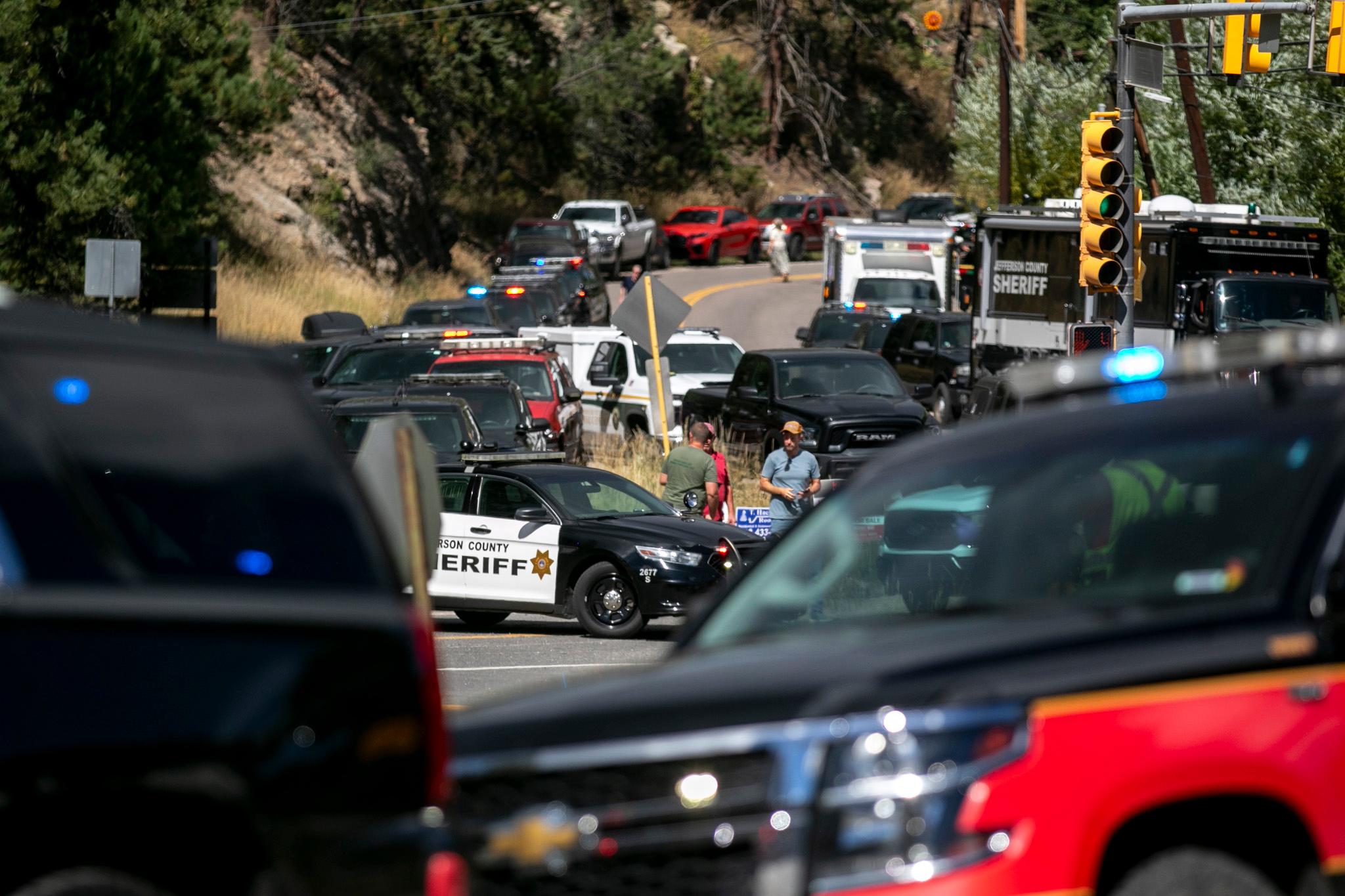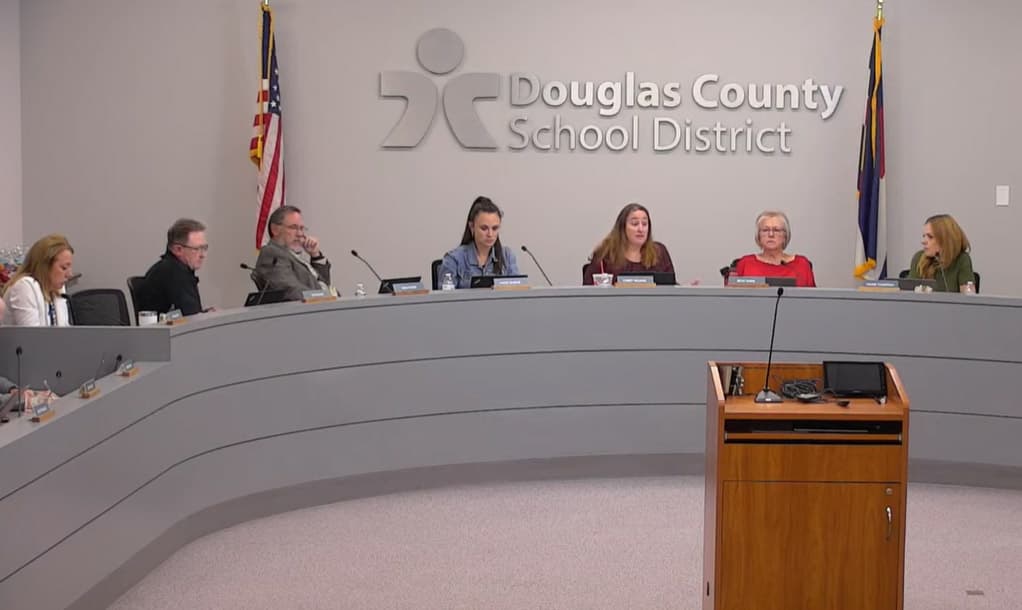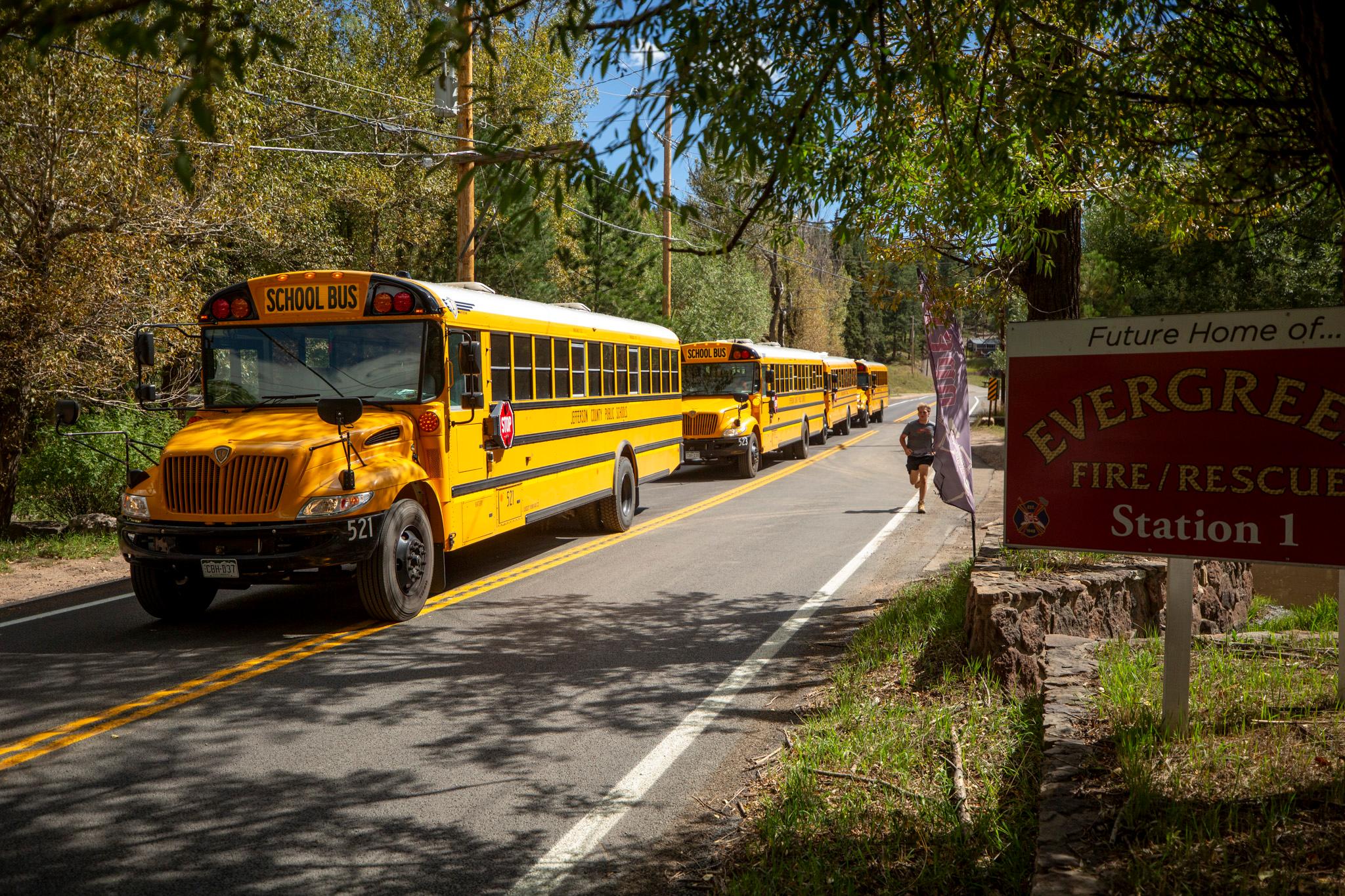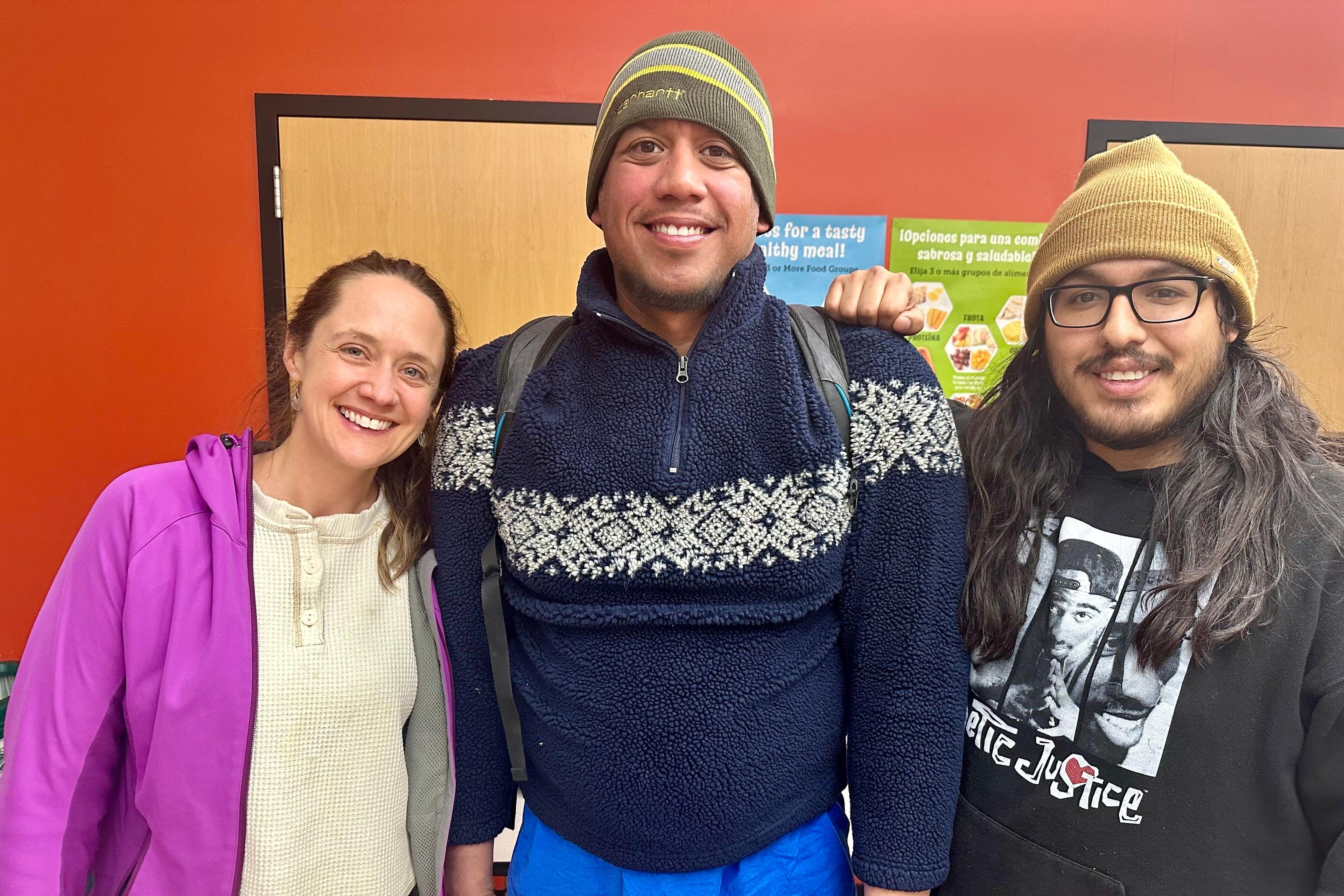
The shelters Carbondale set up to provide food and housing for new immigrants are closing on Sunday, March 31.
The city opened the shelters in December in response to what local officials and community groups said was an emergency, an estimated 80 people, mostly men from Venezuela, living under a bridge and in cars when it was about to get dangerously cold.
Some local leaders and nonprofit groups who helped with the city’s immigrant response hope the emergency demonstrates the need for a stronger government support system, but it's not clear that will happen.
With the city having served its final meals last week and its shelters days away from closing their doors, new immigrants like Ricardo Urbina are on their own, with a small band of residents doing their best to help them one by one.
At one of the final city-provided meals at a local elementary school on March 21, Urbina was surrounded by other young guys in jeans and fleeces, sitting close together at cafeteria tables with lunch trays heavy with fried chicken sandwiches and scoops of broccoli and pasta salad.
But Urbina couldn’t eat — not until he knew what was in the official envelope from the U.S. government he was holding.
Nervous, he handed the letter to Brooke Coon, who was hired by Carbondale to help the new arrivals.
As Coon opened it, Urbina smiled a huge, relieved smile and laughed. Finally, he had permission to legally work in this country.
“That means a lot to me because as you know, here in the workforce for us, Latinos or immigrants, without that kind of documentation, there's not a lot we can do,” he said, through an interpreter.
Urbina, a tall man in a beanie who’s quick to smile, is an aeronautical engineer who came to the United States from Venezuela more than a year ago, looking for work so he could send money back to his family.
Urbina’s mother cares for his disabled brother, who has many costly needs like diapers. Urbina has already found two jobs — in construction and the local apple orchards — and feels optimistic about his next big hurdle: securing a place to live.
“Yes, with the help of God and the Virgin, I hope that we can make that happen and to move forward,” he said.
Urbina doesn’t know where he’ll live once the city’s two shelters close on Sunday. Coon, the city’s newcomer response organizer said having government permission to work is huge, said Brooke Coon.
Opening Urbina’s letter is “what I'll be thinking about when I go to bed tonight,” she said.
For the past few months, Coon has had a temporary, but all-consuming job of trying to help the new immigrants fill out vital paperwork and connect them with jobs and housing. The city hired her after regional nonprofit Voces Unidas de las Montañas alerted officials and media to the group of new immigrants living outdoors in the rapidly dropping temperatures.
Voces was the first local group to respond with resources, offering new immigrants food and a temporary shelter downtown. Together with state Rep. Elizabeth Velasco, D-Glenwood Springs, they organized meetings between the town and local nonprofits.
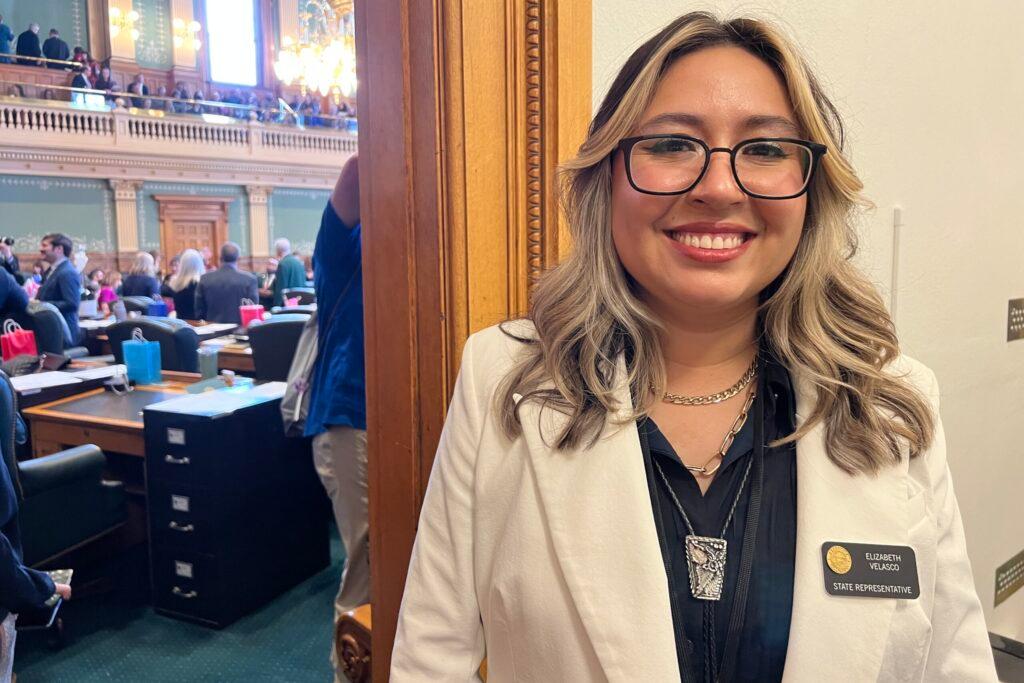

Before the town of Carbondale took over the new immigrant response, Voces and Velasco helped secure $5 million in state funding, while Garfield County received an additional state grant of more than $200,000.
By December, the town of Carbondale had taken over the new immigrant response entirely, with the charge “to basically keep people alive through the winter,” Coon said.
In addition to the shelters and food, the town offered showers and a safe place to sleep in a vehicle overnight, which the city said will continue for a short time.
With the city shelters poised to close, Coon’s top priority is guiding new immigrants through the labyrinth of paperwork required for them to stay in this country.
“We keep saying they've made it this far,” she said. “They know how to survive with little food or shelter, but what is so hard is to navigate our systems.”
Coon said the new immigrants’ arrival has exposed major gaps in the local safety net in Carbondale and the surrounding resort communities.
“It’s just shocking how few our resources are, but we have so much,” Coon said. “We have the capability, so it's lit a fire under a lot of leaders that I think will continue.”
Some local leaders, including former school superintendent Rob Stein, hope the town can help create a blueprint for other mountain communities in Colorado to follow if there’s another influx of new immigrants.
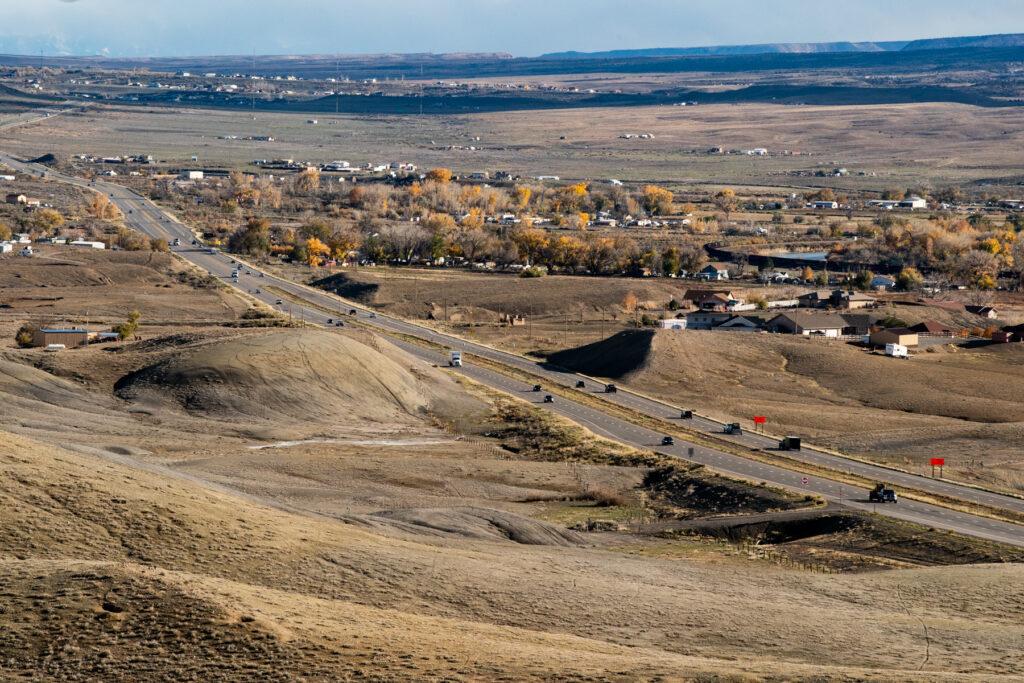

At the same time, other local leaders in the region are pushing back. Commissioners in Garfield County, where Carbondale is located, passed a unanimous resolution declaring it a “non-sanctuary” county. Nearby Mesa County adopted a similar resolution the month before.
Ricardo Urbina said he came to Colorado because he’d heard it was a “sanctuary state.” And he feels lucky to have made it — after braving the Amazonian jungle, filled with dangerous animals and violent drug cartels. While crossing through Mexico, he said he crossed a river where countless others have drowned.
In Carbondale, Urbina said he and his fellow immigrants have felt a lot of local support, and he’d like to stay in the area.
“Thank goodness we are really satisfied and really happy with the work that they were able to provide for us,” he said. “I also want to thank the people that got up every morning and to provide us breakfast and to give us support for us to continue to move forward.”
When asked what he needs most right now, Urbina didn’t say a place to live or a better-paying job. “It would be to have my mother by my side,” he replied.
They talk every day, Urbina said, but it’s not the same as being together. Still, it’s worth it for him to be thousands of miles away, so he can send money home — and try to make a better life for them both.

